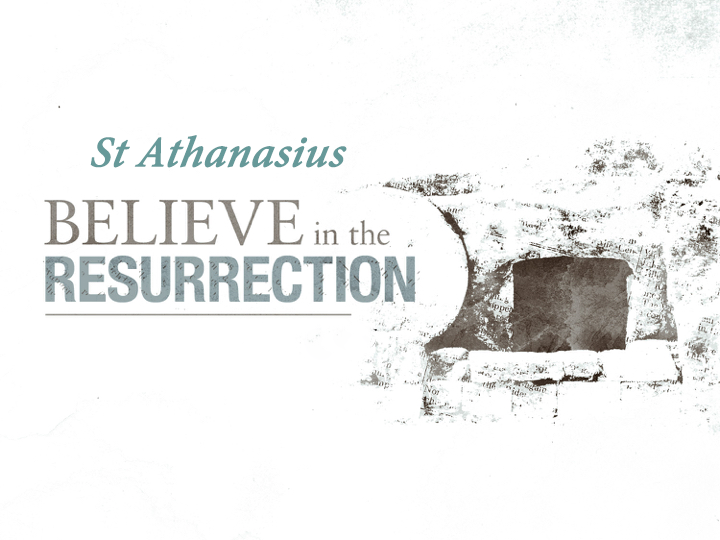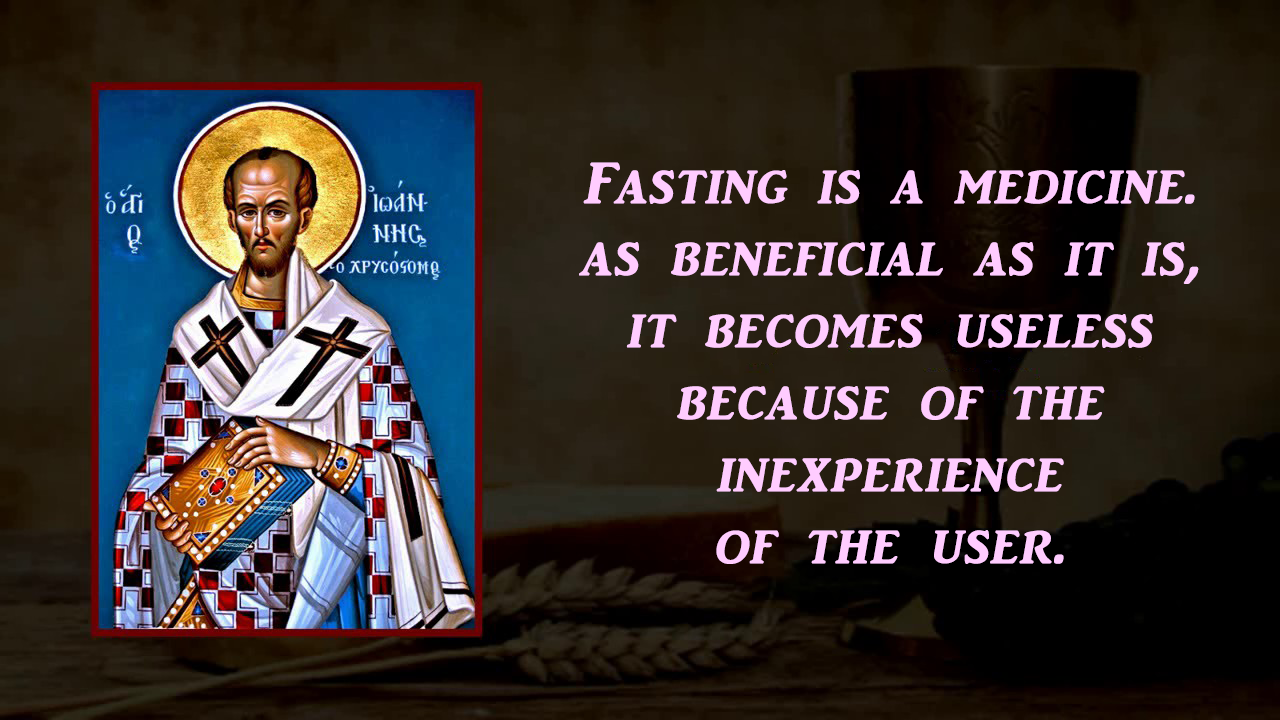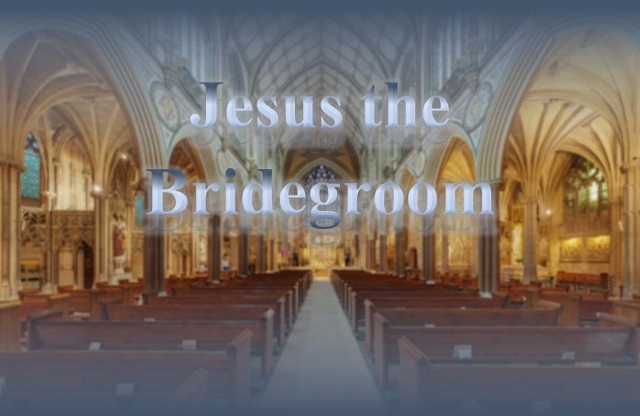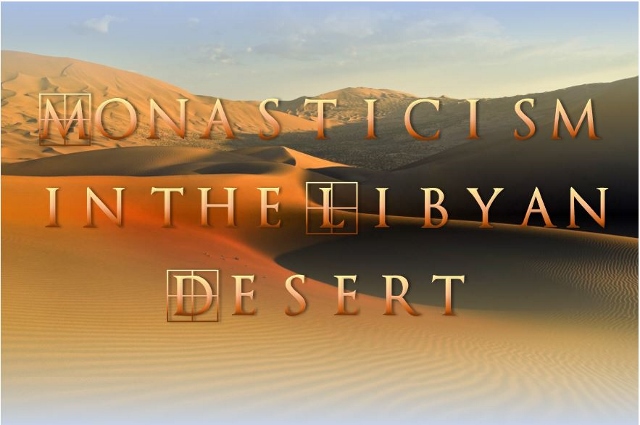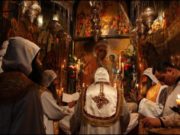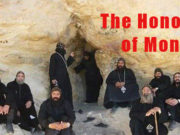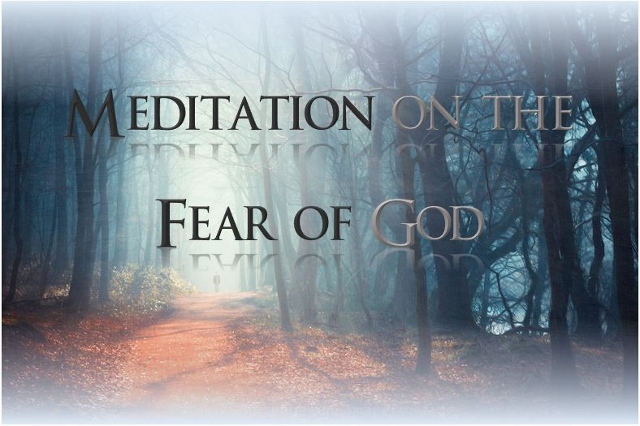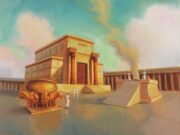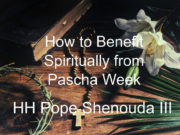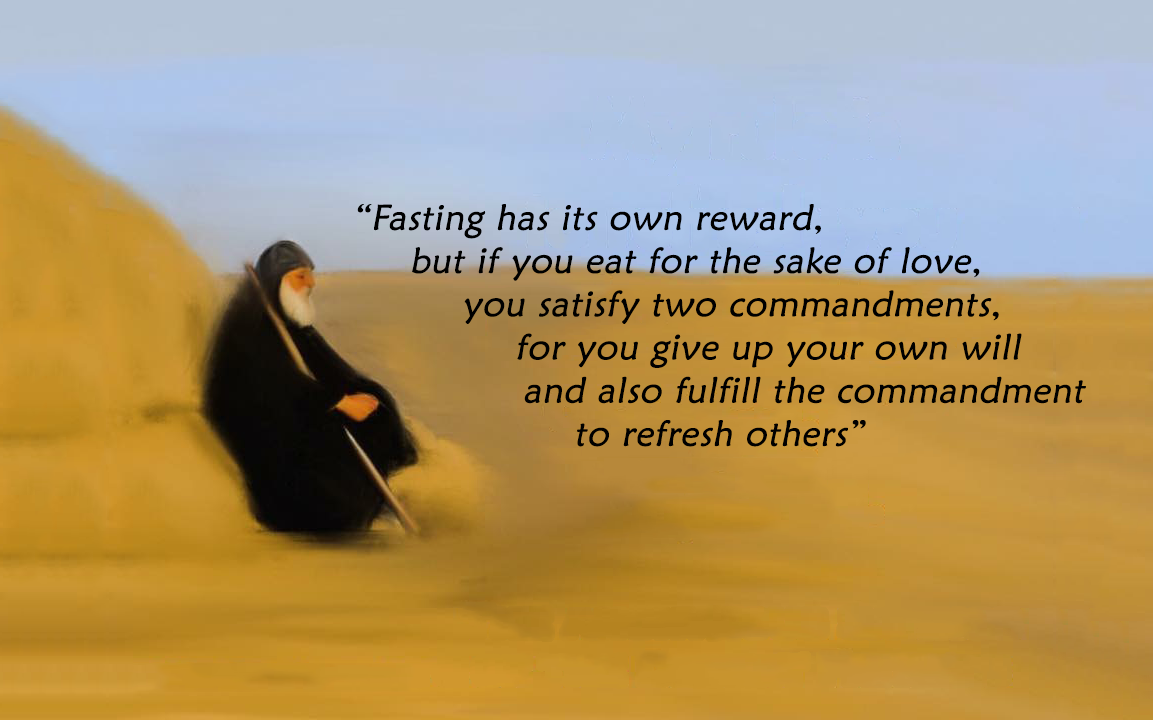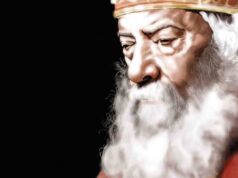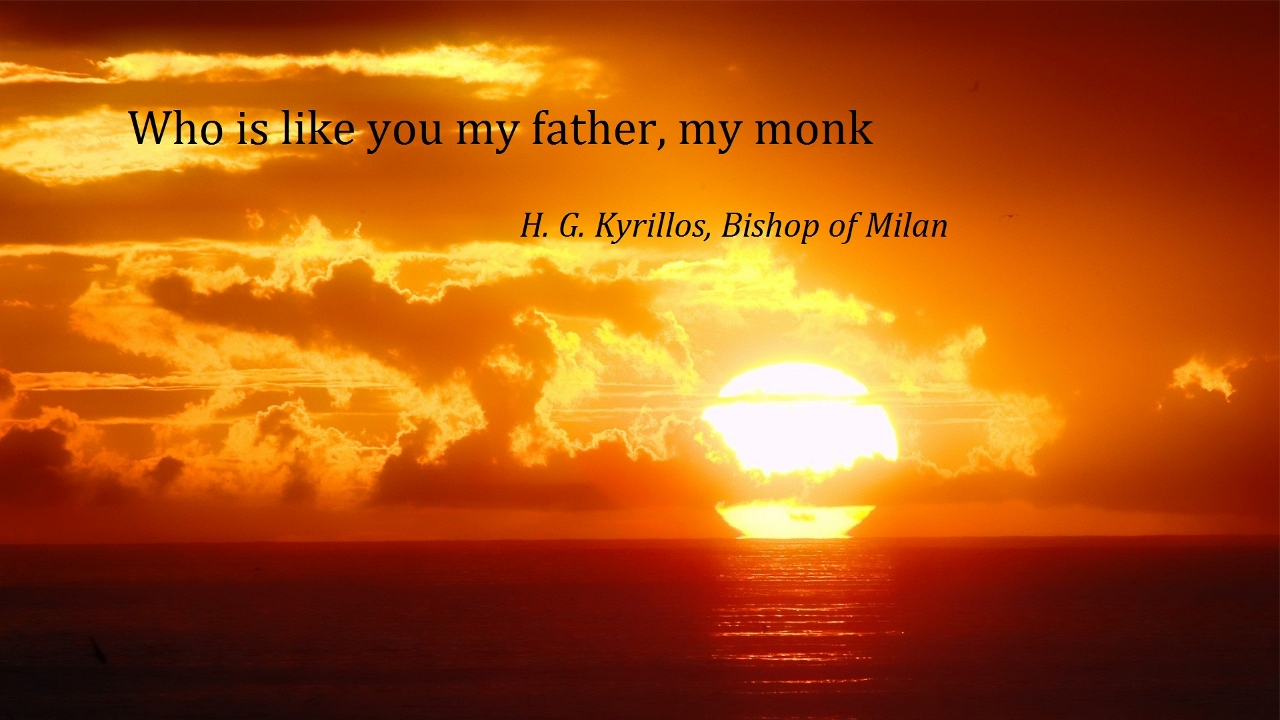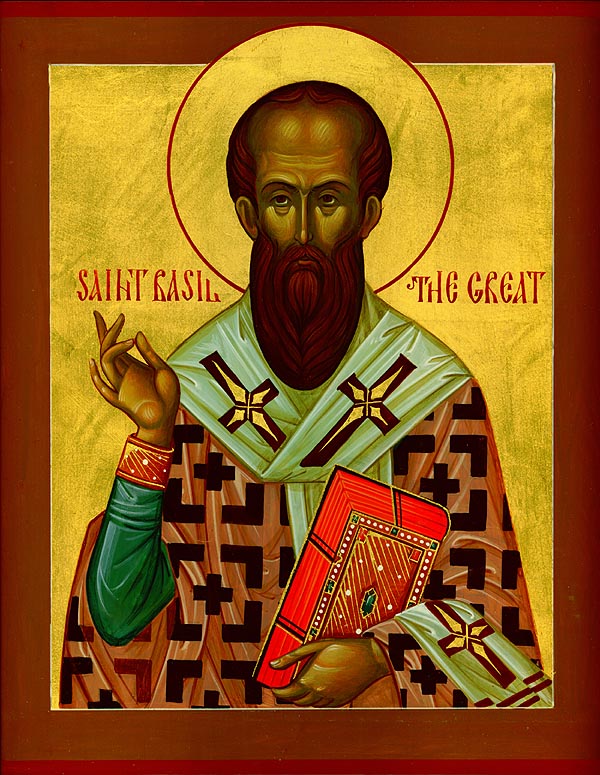
The love of God is not something that is taught, for we do not learn from another to rejoice in the light or to desire life, nor has anyone taught us to love our parents or nurses. In the same way and even to a far greater degree it is true that instruction in divine law is not from without, but, simultaneously with the formation of the creature—man, I mean—a kind of rational force was implanted in us like a seed, which by an inherent tendency, impels us toward love. This gem is then received into account in the school of God’s commandments, where it is wont to be carefully cultivated and skillfully nurtured and thus, by the grace of God, brought to its full perfection. Wherefore, we, also, approving your zeal as essential for reaching the goal, shall endeavor with the help of God and the support of your prayers and as power is given us by the Spirit, to enkindle the spark of divine love latent within you.
Now, it is necessary to know that, although this is only one virtue, yet, by its efficacy, it comprises and fulfills every commandment. “If anyone love me,” says the Lord, “he will keep my commandments.” (Jn 14:23) And again: “On these two commandments dependent the whole law and the prophets.” (Mat 22:40). Yet, we shall not undertake at this time to carry our discourse to its complete development (for in so doing, we should, inadvertently, make our discussion of one portion of the commandments embrace a full treatment of them), but, insofar as it is fitting and relevant to the present purpose, we shall exhort you regarding the love we owe to God.
First, however, we shall establish the fact that we have already received from God the power to fulfill all the commandments given us by Him, so that we may not take our obligation in bad part, as though something quite strange and unexpected were being asked of us, and that we may not become filled with conceit, as if we were paying back something more than had been given us. By means of this power, rightly and properly used, we pass our entire lives holily and virtuously, but through a perverted use of it we gradually fall prey to vice. Now, this is the definition of vice: the wrong use, in violation of the Lord’s command, of what has been given us by God for a good purpose. Similarly, the definition of the virtue which God requires of us is: the use with a good conscience of these same gifts in accordance with the Lord’s command. This being the case, we shall apply the same principle also to charity. Having received, therefore, a command to love God, we have possessed the innate power of loving from the first moment of our creation. Of this, no external proof is required, since anyone can discover it of himself and within himself. We are by nature desirous of beautiful things, even though individual conceptions of the beautiful differ widely.
Furthermore, we possess—without being taught—a love for those who are near and dear to us, and we spontaneously render to our benefactors a full measure of good will. Now, what is more admirable than Divine Beauty? What reflection is sweeter than the thought of the magnificence of God? What desire of the soul is so poignant and so intolerably keen as that desire implanted by God in a soul purified from all vice and affirming with sincerity, “I languish with love.” Totally ineffable and indescribable are the lightning flashes of Divine Beauty. Words do not adequately convey nor is the ear capable of receiving knowledge of them. The rays of the morning star, or the brightness of the moon, or the light of comparison with that splendor and these heavenly bodies are more inferior to the true light than is the deep darkness of night, gloomy and moonless, to brightest noonday.
This Beauty, invisible to the eyes of the flesh, is apprehended by the mind and soul alone. Whenever it cast its light upon any of the saints, it left them with an intolerable pain of longing, and they would say, weary of life on earth: “Woe is me that my sojourning is prolonged,” “when shall I come and appear before the face of God?” and again: “to be dissolved and to be with Christ, a thing by far the better” also: “my soul bath thirsted after the strong living God” and “Now thou dost dismiss thy servant, O Lord.” Since they felt the burden of this present life as an imprisonment, they were scarcely able to contain themselves under the impulses which the touch of Divine Love had made to stir within their souls. Indeed, by reason of their insatiable eagerness to enjoy the vision of Divine Beauty, they prayed that contemplation of the joy of the Lord would last as long as the whole of eternal life. Men are by nature, then, desirous of beauty. But, that which is truly beautiful and desir-able is the good. Now, the good is God, and, since all creatures desire good, therefore, all creatures desire God.
(From St Basil’s Long Rules)









